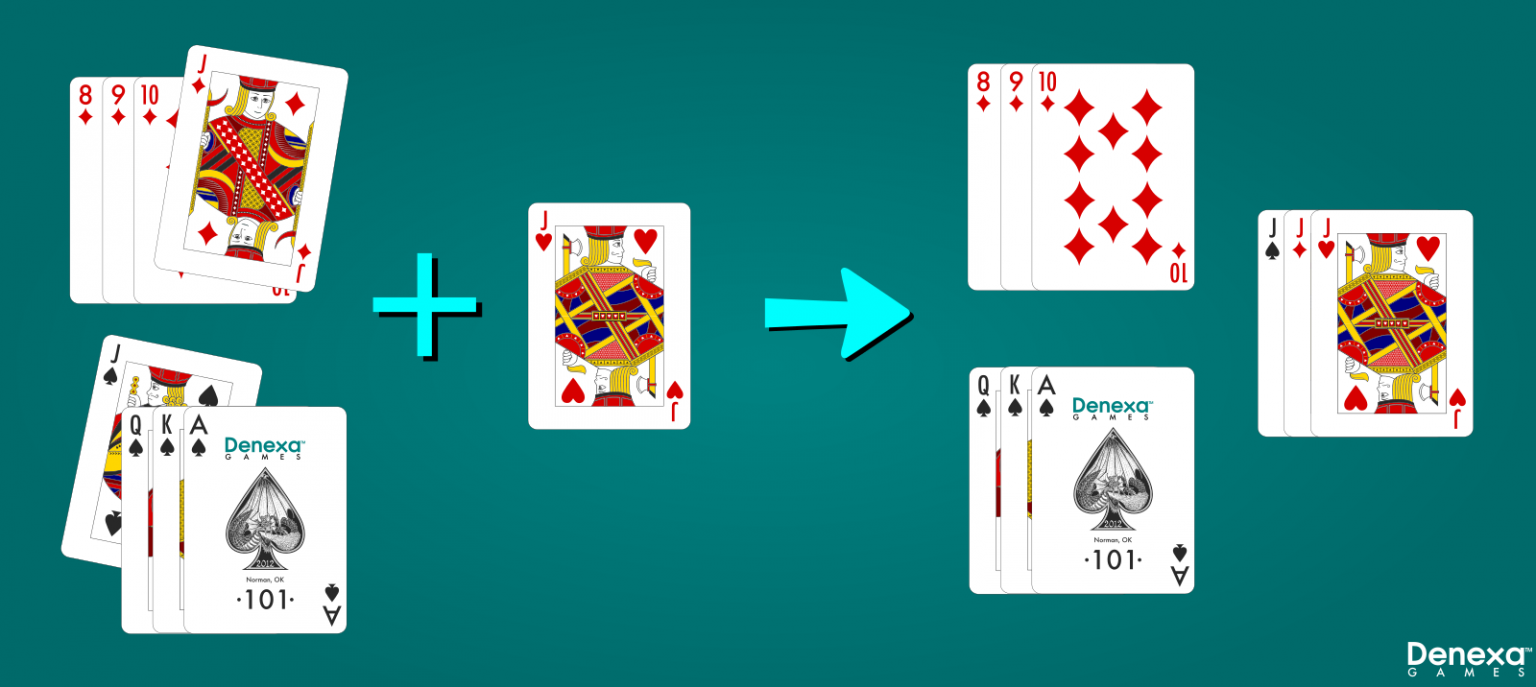

Tiles are returned to the pool, and players collect 14 random tiles and arrange them on their racks. The player whose tile has the highest number value will start the game. Tiles are shuffled together and either placed into a bag or spread out face down across the table. In Turkey, the game is known as Okey and is widely played by families at gatherings or at local cafes. Vatikan is played with two decks of cards and one joker per player, thus making 106 cards for two players. Rummikub is similar to several central European card games which are played with two decks of playing cards, including Machiavelli and Vatikan. The game was first made by Lemada Light Industries Ltd, founded by Hertzano in 1978. Modern Rummikub sets include only the Sabra version rules, with no mention of the others, and there are variations in the rules between publishers. Hertzano's Official Rummikub Book, published in 1978, describes three different versions of the game: American, Sabra, and International. The game was marketed as "Rummikid" during part of the 1970s. In 1977, it became a bestselling game in the United States. Over the years, the family licensed it to other countries and it became Israel's best-selling export game. Hertzano sold these sets door-to-door and on a consignment basis at small shops. He hand-made the first sets with his family in the backyard of his home. Rummikub was invented by Ephraim Hertzano, a Romanian-born Jew, who immigrated to Mandatory Palestine in the 1940s.


 0 kommentar(er)
0 kommentar(er)
